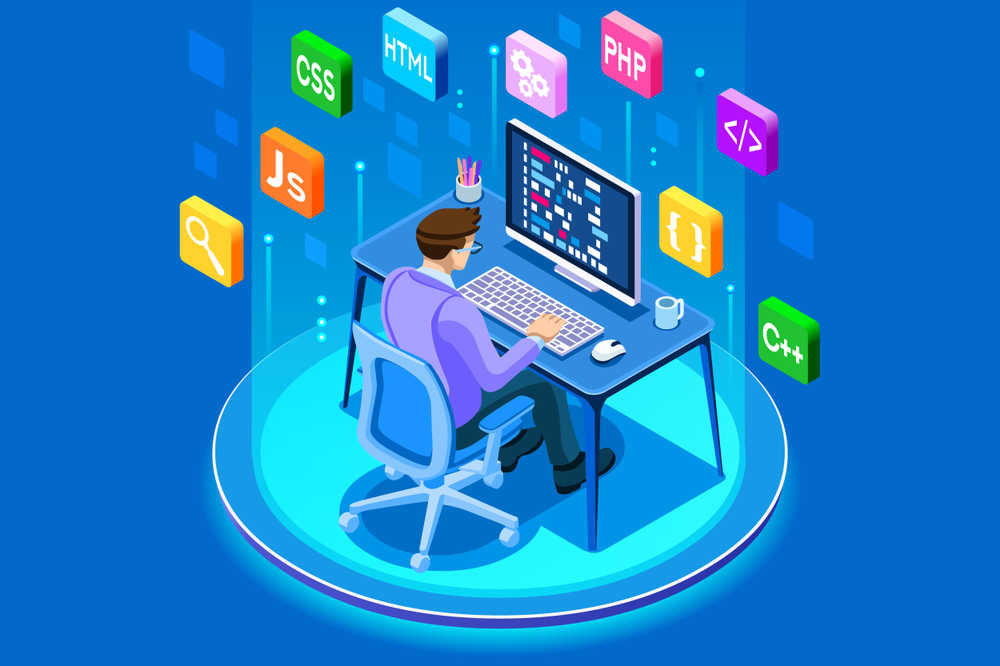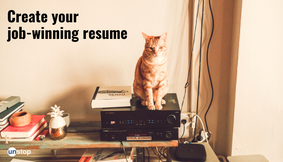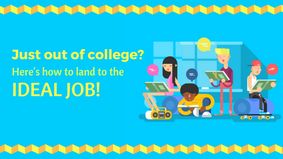6 Common mistakes that every developer makes during an interview and learn how to avoid them

In this competitive World where N number of online portals are offering specializations in employable skills, one needs to ensure that they stand out during the Interview. Every word said or left unsaid has an impact on the interviewer. Attending an interview unprepared is a cardinal sin. If you are serious about bagging the job, it is best to prepare in advance.
Now the all important question, how does one prepare for an Interview. Let’s tackle a scenario where a Developer is interviewing for a job. Developers, being one of the primary people involved behind technological advancements and software development, are primarily required to have specific skill sets with the knowledge of a number of coding languages.
If interviewing for the post of a developer, you must be careful about what you admit to in front of the interviewer. You might have an excellent CV with more than the required work experience and have the potential to get into the company. You know your craft well. What beyond that? How do you stand out from the crowd?
Mentioned below are a few dos’ and don'ts that a Developer should keep in mind while appearing for an interview.
1. “I don’t like this framework/ language”
Being a developer, you are expected to be well-versed in a wide variety of languages and frameworks. You might have better knowledge of one as opposed to another. Instead of outrightly despising a language or framework in front of the interviewer, you can modify the choice of your words. If you do not like language support it with valid reasons. For example, Language X is restrictive in nature and does not allow for Creativity or overwrites.

2. “I don’t like testing. I get testers to do it for me”
Let's face it. No coder likes testing. This is one of those well-known secrets. But saying it out loud makes you seem arrogant. Instead, put a positive spin on it and say, if I am coding and I am testing the same code I might miss out on aspects. I have been looking at the code and me testing it makes the whole process of testing redundant. You can finally conclude by saying that you do test the code after committing it but would rely on another person’s perspective to know fully well that the code is running fine.
3. “I have never come across your company’s products”
In case you get called for an interview by a company you are unfamiliar with, avoid mentioning this during the interview. Telling your future employer that they aren’t well known enough is a faux pas that you simply cannot afford! Always read up about the company. And in case the conversation steers to the point where your previous interaction with the company as a consumer is discussed. You can put a diplomatic spin on it and state that you do not consume in the same circle as the company advertises in. This gives the employer an insight into their marketing trend and puts you in the clear.
4. “My previous company/team wasn’t good/supportive”
Never ever badmouth your previous employer. A wise man once said, if you have nothing good to say, don’t say anything. In case you wish to emphasize the importance of a healthy and positive work culture. Say exactly that. Refrain from making negative statements. A positive way of saying the same thing is “The core sensibilities of the organization did not align with yours”. Also, ensure any statement you make can be discussed further. Always have an explanation for the statements you make. The interviewer wants to understand your thought process and your core values.
5. “I am proficient in all languages”

It is very tempting to exaggerate while making your CV. However, during your interview, it is important to not make claims which are untrue. Your interviewer is most likely a senior from the same field and can easily catch you lying. As you are a developer, you might have to go through the whiteboard phase where you’ll be asked to pen down a required code. If you fail the assessment, you lose all credibility. And with it the chances of getting hired to go flying out the window.
6. “Are we done with the interview? I don’t have any questions”
Asking questions at the end of the interview goes to show that you have thought this through. You have considered personal and professional implications of working with the employer and need clarifications. In case you genuinely don’t need any clarification, you can simply state that the website was descriptive enough and you have a fair understanding of the stakes in play. The key takeaway is that you have considered all aspects and are making an informed decision.
These might have cleared a few doubts about the interviews for the post of a developer. We hope that this helps you clear the interview for your desired job. All the best!
Login to continue reading
And access exclusive content, personalized recommendations, and career-boosting opportunities.














Comments
Add comment